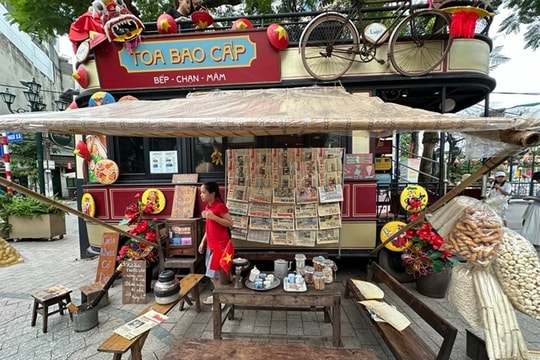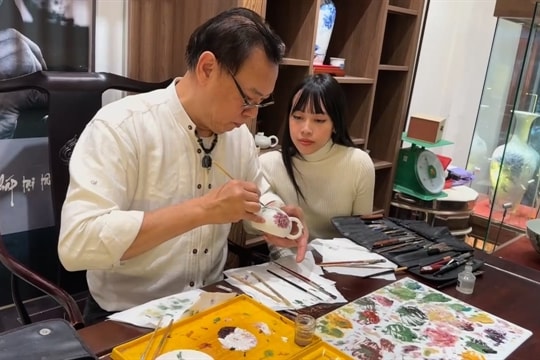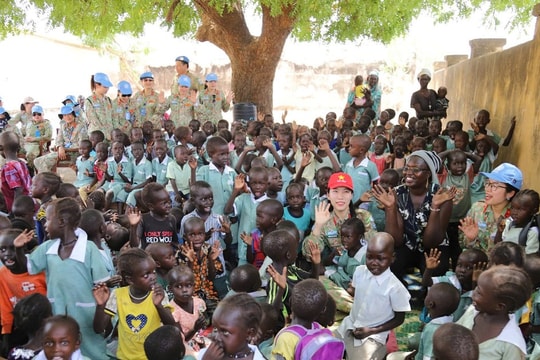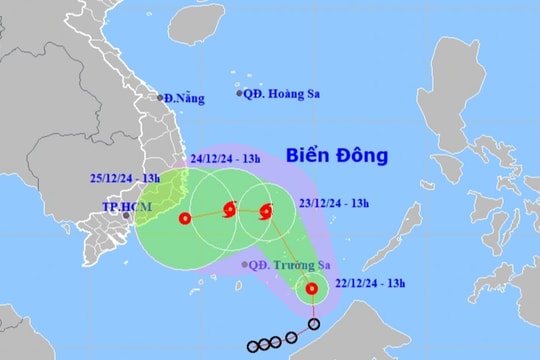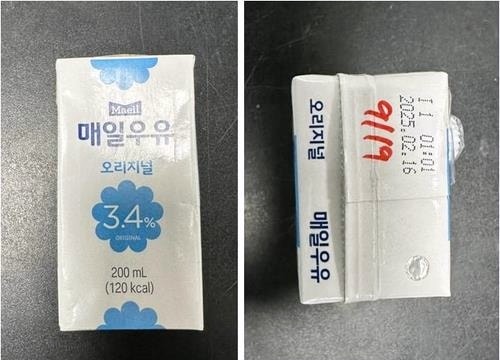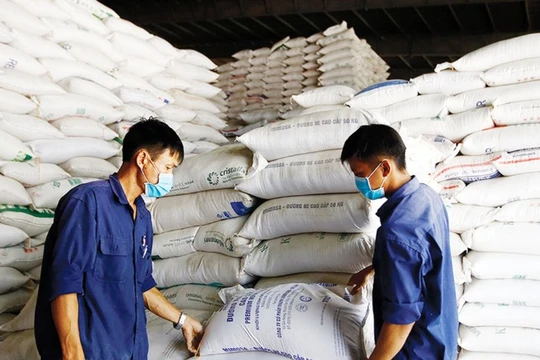Dr Ankita Mishra*
"So, this is supposed to be the most wonderful, blissful moment of my life. But happiness feels so far away. Just getting through each day is a struggle. I want to be happy, to embrace motherhood, to feel blessed as a mother. But no matter how hard I try, I can't. Something is wrong. I feel sad and restless. I can't sleep or eat. I cry for no reason," said a patient of mine.
"There's a storm inside me, ready to burst. Everything around me seems perfect, and everyone's so happy for me. But even getting out of bed in the morning feels like a challenge. I feel ashamed and guilty for not being happy, for not being there for my baby. I wish I could feel joy, but all I feel is sadness and gloom..."
 |
| Young mom with her baby. Photo freepik.com |
Postnatal depression can affect the joy of motherhood, starting within weeks or up to six months after birth. It's a common condition that impacts about one in 10 pregnancies.
How is postnatal depression different from Depression?
Postnatal depression is similar to clinical depression but involves specific concerns about the baby, such as anxiety, guilt, and loss of confidence in caring for the child. This condition can lead to unintentionally neglect the baby and affect the mother-child bond.
How is postnatal depression different from baby blues?
Baby blues is a common condition that occurs within the first few days after childbirth, marked by irritability, anxiety, restlessness, and tearfulness. Unlike postnatal depression, it usually resolves on its own within 1-2 weeks.
What happens in postnatal depression?
It is characterised by the following signs and symptoms:
- Feeling sad or tearful for most of the time during the day.
- Unable to enjoy things that you liked doing earlier.
- Guilt about not being able to care for the baby.
- Fear of harming the baby.
- Thoughts of self-harm.
- Anxiety and restlessness.
- Disturbed sleep and appetite.
What to do if you have postnatal depression?
- Consult a psychiatrist for detailed evaluation and treatment, which typically includes psychological support and antidepressants medications.
- See a psychiatrist immediately if you have thoughts of harming yourself or the baby.
Are antidepressants safe in breastfeeding?
Many mothers are hesitant to take antidepressants while breastfeeding, but these medications are generally safe. Though a small amount may pass into breast milk, antidepressants have been used by breastfeeding women for years without evidence of harm to the baby.
What can the family do to help?
- Be aware of what postnatal depression is.
- Do not blame the mother for how she is feeling. It is not her fault and it can happen to anyone.
- Listen to her and reassure assure her that you are there for her.
- Give practical support by helping with the household work and in taking care of the baby.
- Encourage her to seek professional help and take treatment.
Postnatal depression is a serious condition that can be effectively prevented and managed by being aware of the risks, ensuring proper support, recognizing early signs, and seeking help early. Family Medical Practice
 |
| Dr. Ankita Mishra. Photo courtesy of FMP |
*Dr Ankita Mishra is a psychiatrist at Family Medical Practice in District 2, HCM City, with extensive experience in psychiatry in both India and the UK. She earned her MD from Grant Medical College and Sir J.J. Group of Hospitals in Mumbai. Following this, she served as a resident psychiatrist at Thane Regional Mental Hospital, one of the largest mental health facilities in India.
She further advances her career in the UK, working within the National Health Service (NHS) and attaining her MRCPsych at the Royal College of Psychiatrists. Specialising in mood and anxiety disorders and psychotherapy, Dr Ankita takes a holistic approach to care, consulting with adults, adolescents, and children.
To book an appointment with Dr Ankita, please contact our FMP medical centre at 95 Thảo Điền, District 2, HCM City; via phone at (+84) 28 3744 2000; or email d2.reception@vietnammedicalpractice.com.
Family Medical Practice - FMP Healthcare Group operates medical centres in major cities including HCM, Hà Nội and Đà Nẵng, offering consultations with international doctors, check-up centres, and emergency ambulance services. In HCM City, we have clinics in Districts 1, 2, and 7, along with the Care1 - Executive Health Check-Up Centre and internationally accredited *9999 emergency ambulance services.






